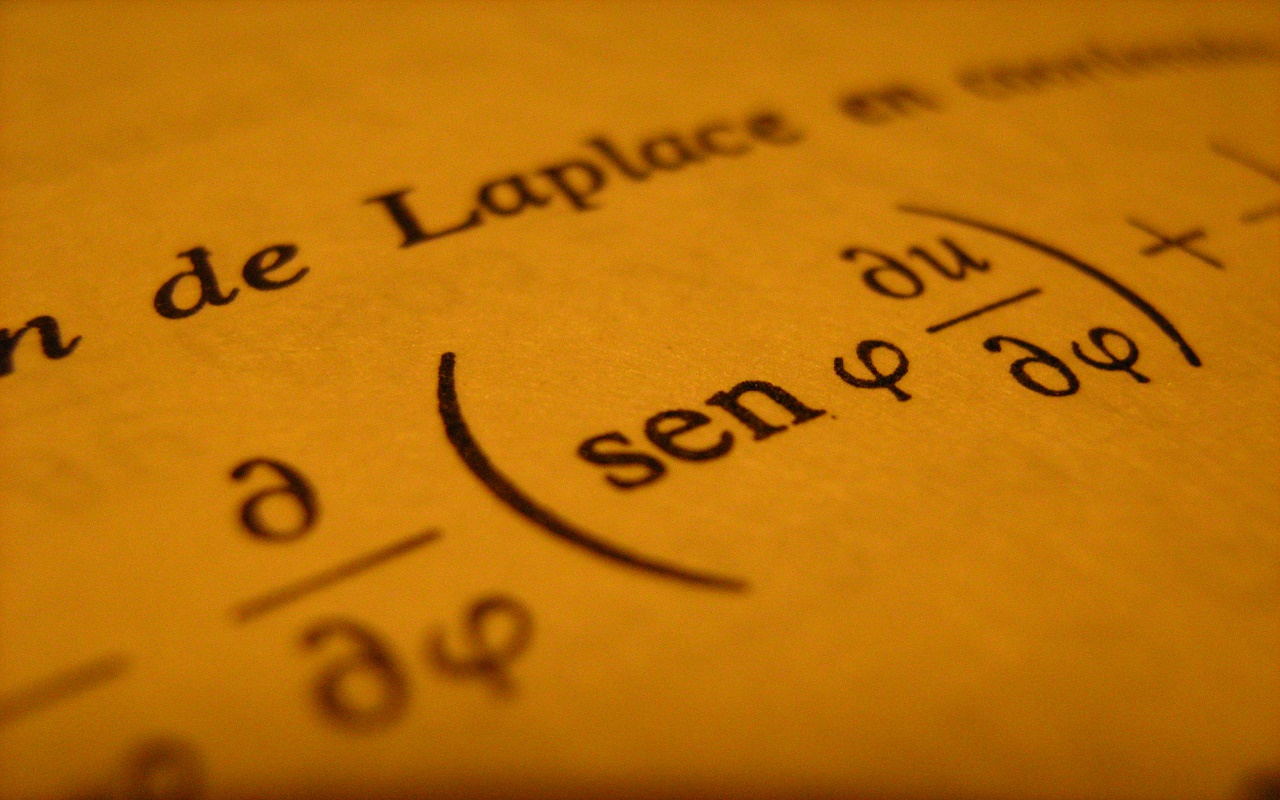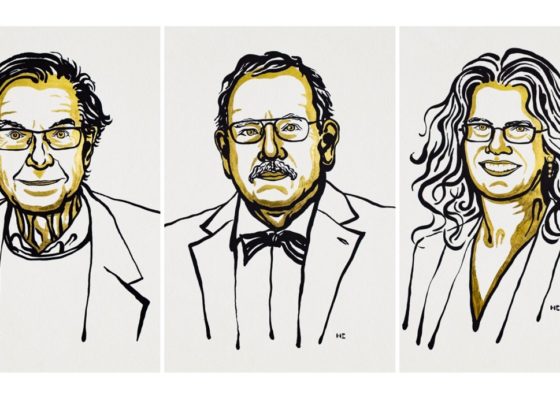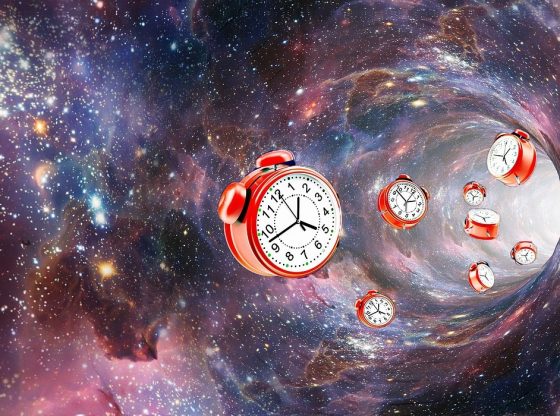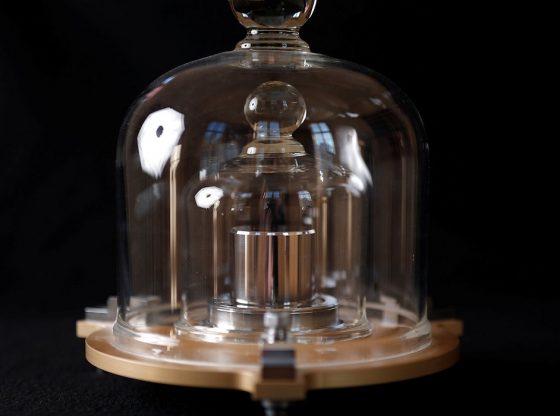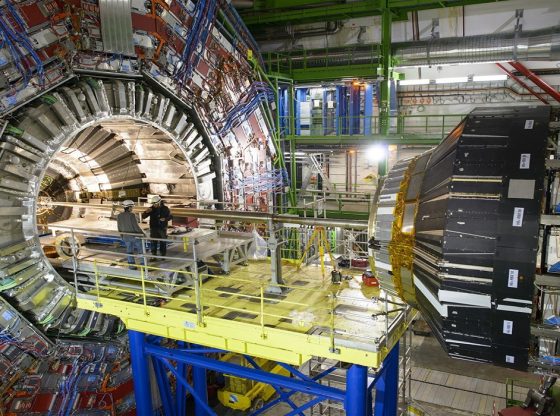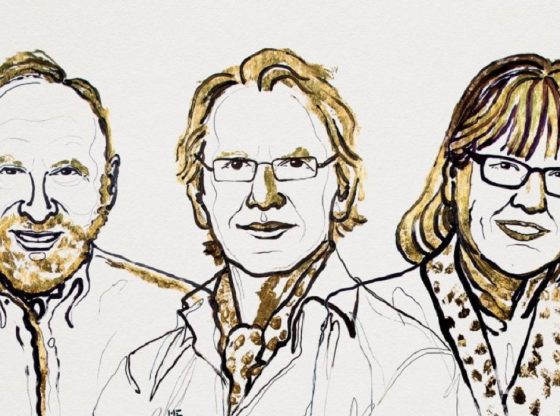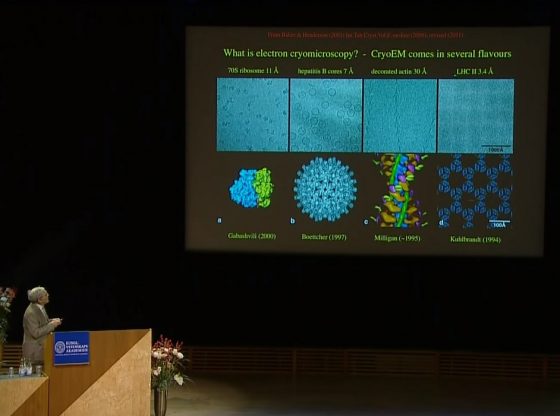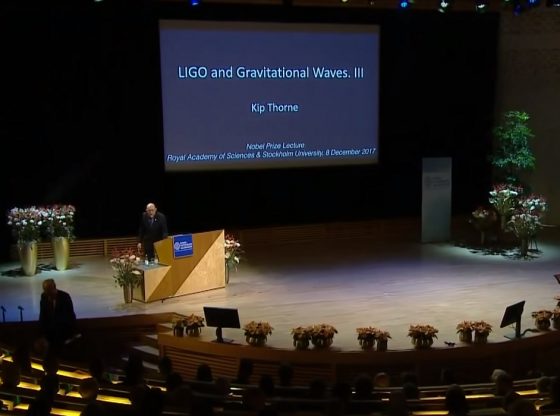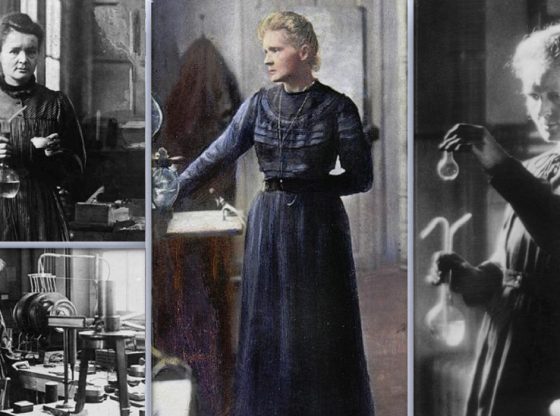Prime numbers are the integers that can be divided only by 1 and themselves, such as 3, 5, 7, 11, 13 etc.
They form the basis for all other integers obtained by multiplying different prime numbers together. Understanding their secrets is key to many of the secrets of mathematics.
The Greek mathematician Euclid showed in 300 BCE already that they are infinite. But they have always been considered to occur totally random among all the integers.
This notion has now been put on its head, as a team of American mathematician made an unexpected discovery. They examined the first billion prime number and it appeared as if the numbers affects their successor number.
For example, the probability is 65 percent higher for a prime number whose last digit is 9, to be followed by a prime number that ends with 1, instead of another prime number ending in 9.
If the prime numbers would show up randomly, the chance should be exactly the same for a prime that ends with the number 1, 3, 7 or 9.
Perhaps there is a simple reason for this, as a prime number ending in 3 is followed naturally by a prime number ending in 7, 9 or 1, just because they come before the next number ending 3. For example, after 43, the number 47, 49 and 51 would occur before the next – 53 – shows up. But this does not explain why prime numbers that end with 3 seem to prefer the next number to end with 9 instead of 1 or 7.
When the prime numbers approaches infinity though, this pattern disappears and we instead have a random distribution.
_______________
Unexpected biases in the distribution of consecutive primes
______________________________

